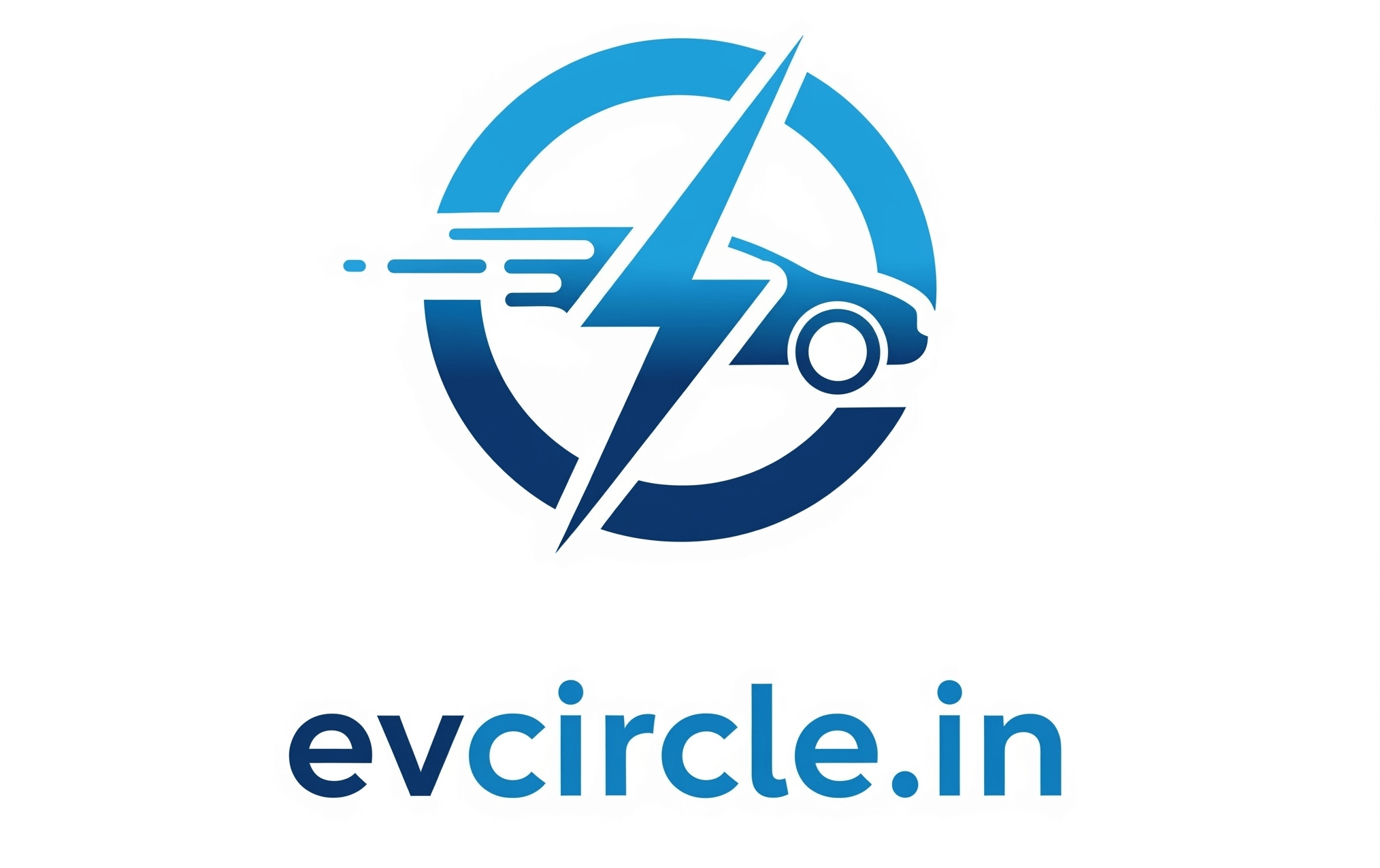
South Korea’s largest conglomerates are scrambling to manage the repercussions of a broad US immigration sweep at a Hyundai Motor Co.-LG Energy Solution Ltd. battery joint venture in Georgia, a development that could unsettle the electric-vehicle supply chain and jeopardize billions of dollars in planned investments.
LG Energy Solution has provisionally opted to delay the opening of its EV battery plant with Hyundai in Georgia, the Korea Economic Daily reported Monday, without identifying its source. The newspaper said Hyundai has barred all US travel by its employees.
LG Energy had originally aimed to begin manufacturing later this year, targeting an output of 30 GWh annually, but decided to defer that to the first half of next year, the publication said, noting it would probably influence production schedules for Hyundai and affiliate Kia Corp. An LG Energy spokesperson said Monday the firm had already pushed the production start to next year from this year because of market conditions, adding it is too early to tell whether last week’s incidents will affect the plant’s operations. A Hyundai Motor and Kia spokesperson, when asked about the report, said it is premature to assess any impact on its business.
Even before last week’s raid, some firms were becoming cautious. In May, Samsung Electronics Co. issued internal guidance on US business travel under the short-term ESTA visa, advising employees that trips should not exceed two weeks, a company spokesperson said.
Investor response was muted, with LG Energy and Hyundai Motor shares only slightly underperforming the broader market. Analysts said potential setbacks at LG Energy had been signaled well in advance, while Hyundai has flexibility to alter EV output and source from other suppliers. LG Energy was little changed, while Hyundai dipped about 1% Monday morning.
Last week’s raid is surfacing as a significant diplomatic flashpoint, coming fewer than two weeks after President Lee Jae Myung met with US counterpart Donald Trump, where the leaders underscored their alliance and finalized a new trade agreement that includes a $350 billion fund to support South Korean firms expanding in the US.
The high-profile immigration enforcement action — the largest single-site operation in the history of the Homeland Security Department’s investigative arm — also risks discouraging South Korean companies’ private expansion plans. The country’s corporations recently committed $150 billion in direct US investment to strengthen trade links between the two nations.
Investors will get an initial read on relations early this week, with Foreign Minister Cho Hyun expected to depart for Washington on Monday to press for the release of 300 South Korean citizens swept up in the raid. Meanwhile, Trump urged firms to obey US immigration rules. “We encourage you to LEGALLY bring your very smart people, with great technical talent, to build World Class products, and we will make it quickly and legally possible for you to do,” he said in a Truth Social post.
The Georgia plant is central to the US push to secure domestic EV supply chains. Beyond its diplomatic significance, the postponement creates new risk for automakers relying on battery deliveries to hit production goals.
“Mass-producing the EV batteries from 2026 has become impossible due to the exit of key talent during the installation and trial production period,” Yuanta Securities analyst Anna Lee said in a note. She expects a delay of at least a year because diplomatic remedies are needed in the absence of other visa routes for workers.
Still, the effect on earnings would be limited because LG Energy has already warned of potential production delays, she said.
EV owners remain committed despite federal policy shift
Sustainability advocate with a keen eye on policies, trends, and real-world EV impact.

Leave a Reply